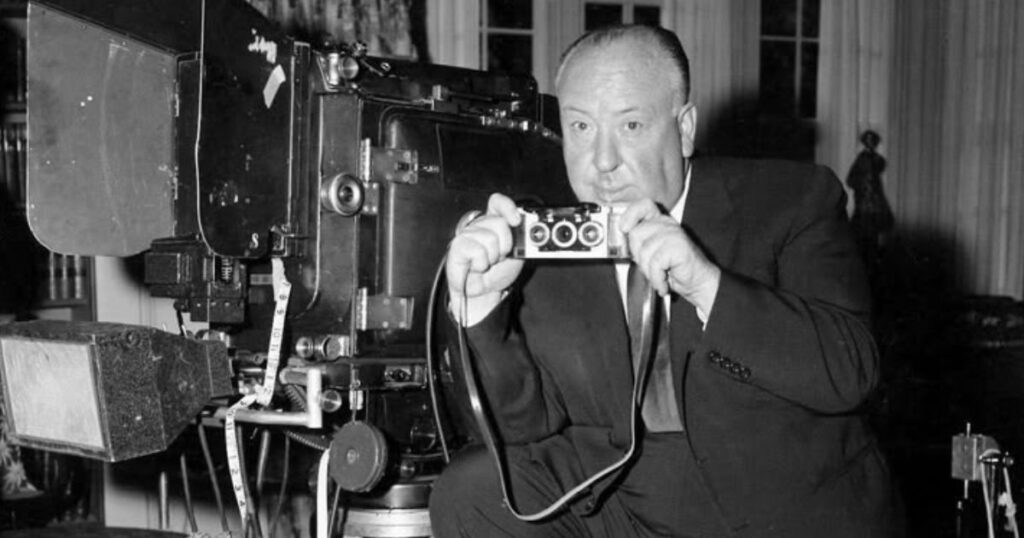Alfred Hitchcock has stood tall as one of cinema’s most revered creative forces for decades. The legendary director, who had mastered suspense like few ever could, crafted stories that sank into the audience’s bones and Suspicion was no exception.
However, not many know that Hitchcock has a bitter memory tangled within its legacy and it includes a last-minute change he despised and a lead actor he ultimately wished he had never chosen.
The Cary Grant Conundrum
The year was 1941 when Hitchcock first joined forces with Cary Grant, a collaboration that would later bloom into one of Hollywood’s most iconic partnerships. At the time, Grant was the darling of the silver screen, the epitome of charm and effortless wit, who dazzled audiences in films like Bringing Up Baby and The Philadelphia Story.
Cary Grant, Joan Fontaine and director Alfred Hitchcock on the set of ‘Suspicion’ (1941) pic.twitter.com/TFkgOLJo1d
— Vano Klertiashvili (@VanoKlertiashvi) October 13, 2021
In Suspicion, however, Hitchcock saw an opportunity to unleash a darker, more treacherous side of Grant, which would prove to be a gamble that would be undermined by the very forces that hired him.
Originally, Suspicion was meant to be a chilling descent into betrayal, mirroring the 1932 novel Before the Fact on which it was based. Hitchcock envisioned a finale where Johnnie, Grant’s character, would succeed in murdering his wife, Lina (Joan Fontaine), using poisoned milk, all while whistling a cheerful tune as he mails her final, desperate letter. It was bold, brutal, and exactly the sort of shocking punch Hitchcock’s storytelling demanded.
Instead, the studio intervened and executives, terrified of tarnishing Grant’s golden-boy image, demanded a neutered ending. Rather than seeing Johnnie revealed as a murderer, audiences were fed a sanitized resolution, one where misunderstandings triumphed over malevolence.
Hitchcock, cornered and disillusioned, conceded and after watching the audience’s lukewarm reaction, he realized the cost. The ending diluted the entire story and left him wishing he had cast a less glamorous, more flexible lead.
Cary Grant Was Ready But The Studio Wasn’t
Despite this, Suspicion carved a respectable place in Hitchcock’s body of work, but it could have been something far greater. The film, stripped of its venom, drifted from the sinister heart of its source material and robbed it of the lasting unease Hitchcock originally intended. Cary Grant, for all his talents, became both the film’s brightest asset and its greatest obstacle.
Even more frustrating was the realization that Grant was fully capable of embodying that darkness. Throughout Suspicion, his performance flirted with menace, hinting at the terror that might have been if only the studio had trusted the audience to accept a darker turn. Grant’s brief glimpses of cruelty revealed a stunning range, suggesting that a truly faithful adaptation would not just have enhanced the film but could have redefined him as an actor.
In another world, perhaps Suspicion would be celebrated not just as a clever mystery but as a landmark in psychological thrillers. In this one, it remains a brilliant film with an ending that feels just a shade too bright and a compromise that neither Hitchcock nor the story ever deserve.
For more such stories, check out Hollywood News
Must Read: Why Jim Carrey Wrote Himself A $10 Million Check Before He Was Famous—Here’s How It Became Reality
Follow Us: Facebook | Instagram | Twitter | YouTube | Google News
Content shared from www.koimoi.com.

